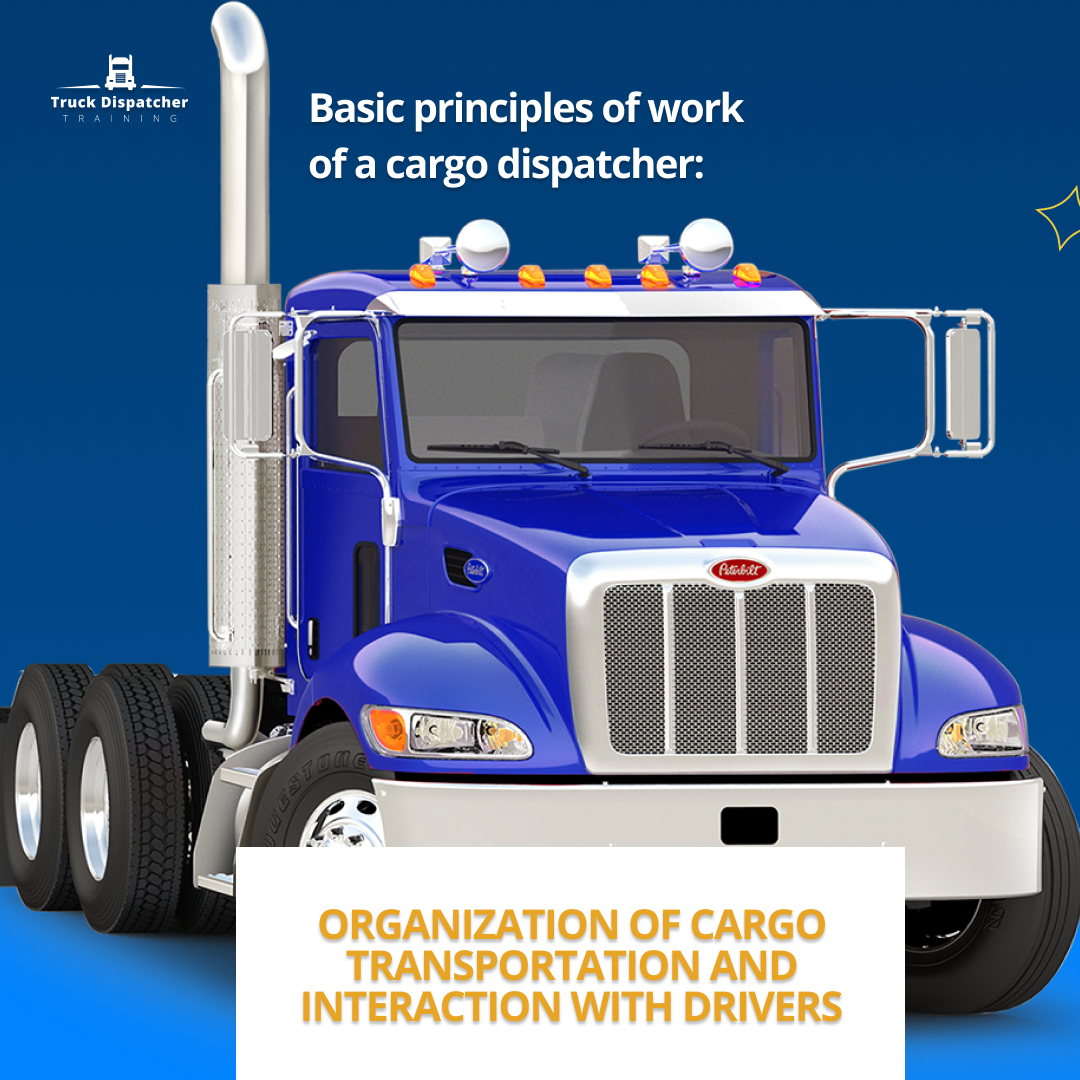
Basic principles of work of a cargo dispatcher: organization of cargo transportation and interaction with drivers
A freight dispatcher plays a crucial role in efficiently organizing and coordinating the process of transporting goods. Their task is to ensure the uninterrupted operation of the logistics chain and guarantee on-time delivery of cargo. To achieve this, a dispatcher must adhere to several key principles.
The first principle involves careful planning and coordination. A dispatcher needs to assess customer needs and plan delivery routes optimally. They must consider various factors such as distance, cargo weight, delivery deadlines, and road conditions. Reliable planning helps avoid delays and inefficient resource utilization.
The second principle is related to interacting with drivers. A dispatcher should communicate effectively with drivers and maintain constant communication with them. They must provide drivers with necessary information about the route, cargo, delivery deadlines, and other order specifics. Additionally, the dispatcher needs to monitor task completion and be prepared to respond to unforeseen situations such as technical breakdowns or road delays.
The third principle involves continuous monitoring and control. A dispatcher must track the current status of each order and oversee the execution of the delivery plan. They should be ready to intervene and take measures to address any issues that may arise during transportation. Monitoring also allows the dispatcher to quickly react to changes in the delivery plan and redistribute resources if necessary.
The fourth principle is associated with the efficient use of technology. In modern times, freight dispatchers often utilize specialized software solutions that help automate and optimize processes. Such systems can assist in route planning, cargo tracking, information exchange with drivers and clients, as well as data analysis and management. The use of cutting-edge technology helps dispatchers enhance their work efficiency and improve overall logistics chain performance.
In conclusion, the main principles of freight dispatching include careful planning and coordination, effective interaction with drivers, continuous monitoring and control, as well as the utilization of modern technologies. Adhering to these principles helps dispatchers ensure reliable and timely cargo delivery, optimize resource usage, and enhance customer service levels.
Our latest posts

Start your own truck dispatch business with expert tips and tricks| Truck Dispatcher Training
In our new video, we dive into the exciting world of trucking logistics in the USA. Our host sits do...

Effective methods of self-development in your career
Self-development is a vital aspect of one’s career growth and overall well-being. In todayR...

Modern training methods for freight dispatchers
In the fast-paced world of modern freight transportation, dispatchers play a critical role in ensuri...